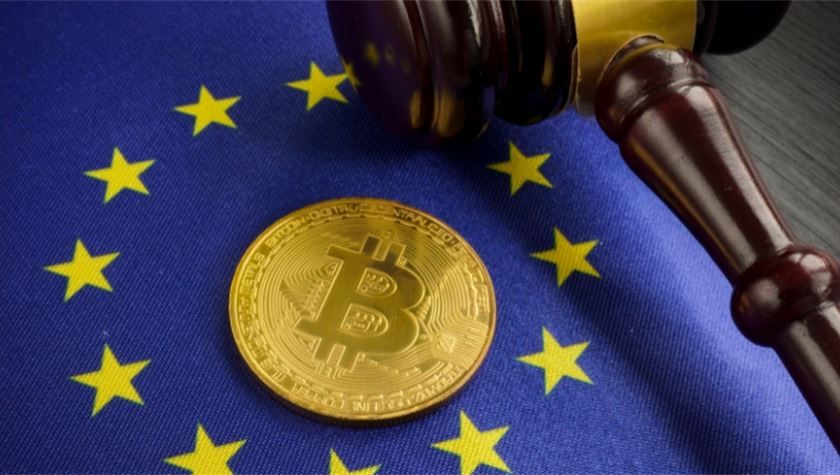Crypto Regulation: A Global Overview of Recent Changes

The regulatory landscape for cryptocurrencies has witnessed significant developments across the globe in recent times. Governments and financial authorities are increasingly recognizing the need to establish clear frameworks for the burgeoning crypto industry. This comprehensive overview explores the recent changes and proposed regulations shaping the global approach to cryptocurrencies.

United States:
In the United States, regulatory clarity has become a focal point. The Securities and Exchange Commission (SEC) has been actively working to provide clear guidelines on digital assets and has taken steps to enforce existing regulations. Additionally, discussions around a potential central bank digital currency (CBDC) have gained traction, reflecting the evolving nature of the regulatory environment.
European Union:
The European Union (EU) has been working towards a unified regulatory framework for cryptocurrencies. The EU recently proposed the Markets in Crypto Assets (MiCA) regulation, aiming to create a standardized approach to crypto regulations across member states. This initiative seeks to establish a balance between fostering innovation and ensuring investor protection.
Asia-Pacific Region:
Asia has been a hotbed for crypto activity, and regulatory developments vary across the region. China has intensified its crackdown on cryptocurrency mining and trading, imposing stricter regulations. Meanwhile, countries like Singapore and Japan continue to foster innovation in the crypto space, with regulatory frameworks aimed at striking a balance between innovation and investor protection.
India:
India, a significant player in the global tech and fintech industry, has been navigating its stance on cryptocurrencies. Recent developments indicate a potential shift from a blanket ban approach to more nuanced regulation, recognizing the transformative potential of blockchain and cryptocurrencies.
Latin America:
Several countries in Latin America are exploring regulatory frameworks to harness the benefits of cryptocurrencies. El Salvador made headlines by adopting Bitcoin as legal tender, marking a unique approach to crypto regulation in the region. Other countries are closely observing these developments as they consider their own regulatory strategies.
Africa:
In Africa, regulatory efforts are diverse, with some countries embracing cryptocurrencies while others express caution. South Africa has been a leader in crafting regulations that support the crypto industry, recognizing its potential economic impact. Other African nations are evaluating the risks and benefits, with a growing recognition of the need for regulatory clarity.
Global Collaboration:
As the crypto industry operates on a global scale, there is an increasing emphasis on international collaboration to address regulatory challenges. Organizations like the Financial Stability Board (FSB) and the International Monetary Fund (IMF) are actively engaging with regulators worldwide to develop a cohesive approach to crypto regulation.
Conclusion:
The global regulatory landscape for cryptocurrencies is in a state of flux, with different regions taking varied approaches to address the challenges posed by this rapidly evolving industry. While some nations are embracing innovation, others are exercising caution. The coming months and years will likely see continued efforts towards establishing clear and balanced regulatory frameworks that foster growth and innovation while ensuring investor protection and financial stability.